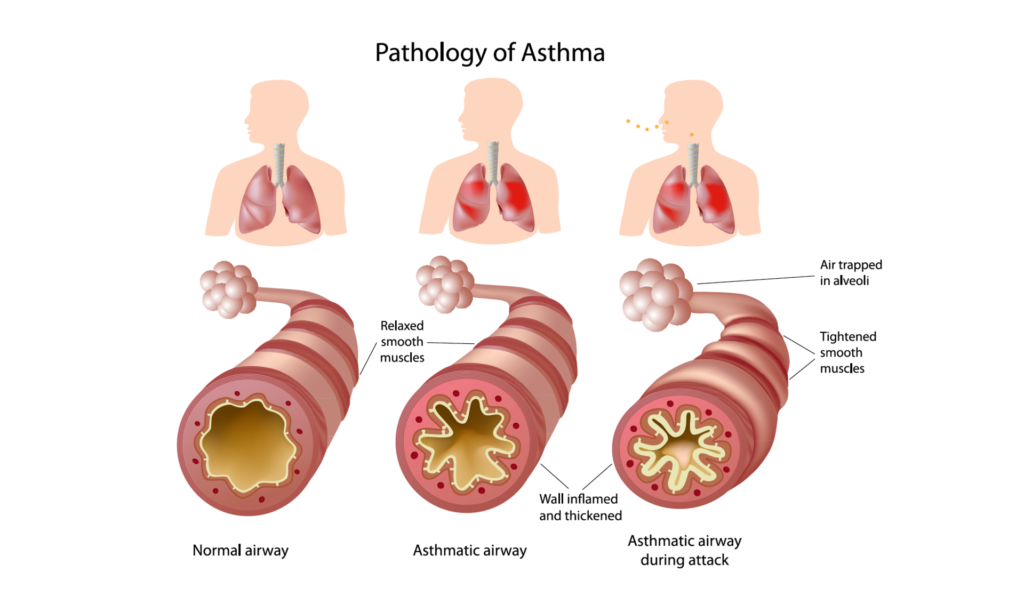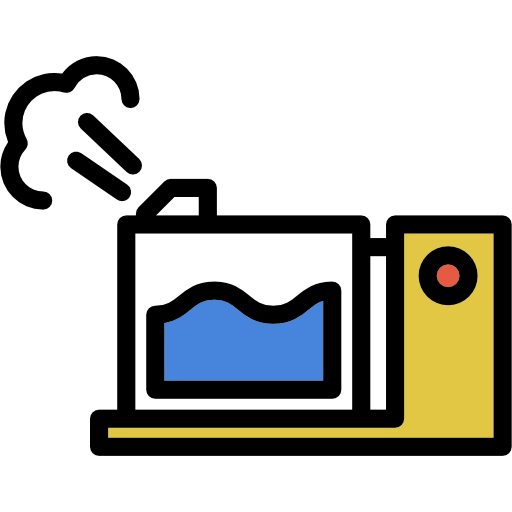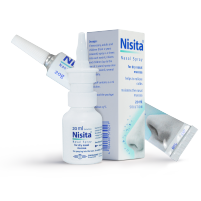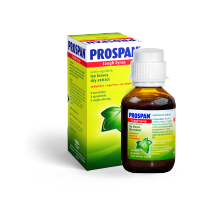Winter season can be a serious problem for asthma patients because it is harder to control asthma symptoms let alone limit the triggers that cause asthma attacks during winter. For this reason, it is important to follow some steps that will alleviate the symptoms and protect against any allergens that may cause an asthma attack.
Read on to learn more about the triggers and symptoms, followed by a quick 8-step guide that will make this winter much easier for asthma patients.











